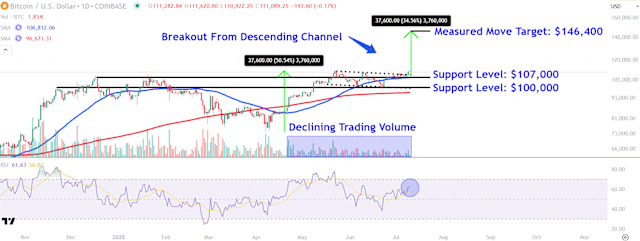How property taxes are calculated in Michigan and the impact on your mortgage

When shopping for a home, most buyers focus on the sale price, down payment, and interest rates, but there’s another key cost that can significantly affect your monthly mortgage payment: property taxes.
Especially for first-time buyers, property taxes can be a hidden cost.
While two homes may have similar listing prices and locations, their annual tax bills can vary dramatically depending on the local millage rate, which determines how much you’ll pay in property taxes per $1,000 of taxable value.
“You could be looking at homes in the same general area, near the same shops, restaurants, and entities, but find that one community has a higher millage rate than the next,” says Jeanette Schneider, president and regional director of RE/MAX of Southeastern Michigan. “It’s definitely something you want to know up front, not months later when that new assessment and tax bill arrive.”
How property taxes affect your mortgage
If you’re financing a home, your mortgage lender likely includes property taxes in your monthly payment through an escrow account. This means your lender pays your tax bill on your behalf using funds collected monthly, which makes your total mortgage payment higher in areas with high tax rates.
Example: Two homes, both priced at $150,000:
-
In Ecorse (Wayne County), with a millage rate of 75.15, the annual tax bill would be approximately $5,636.
-
In Bruce Township (Macomb County), with a millage rate is 21.75, the annual taxes would be around $1,631.
That’s a difference of $4,005 per year, or about $334 per month, simply based on location.
“As a consumer, part of your responsibility is due diligence,” says Schneider, who recommends buyers contact the local assessor’s office or municipality to find out what their property taxes will look like before buying.
What property taxes pay for
In Michigan, property taxes typically help fund essential services like:
-
Public schools
-
Police and fire departments
-
Road maintenance and snow removal
-
Parks, libraries and recreation
-
Libraries and local government operations
-
Community colleges
-
Local government operations
-
Special assessments like lighting or drain maintenance
Some communities also may levy extra taxes to support public transportation, capital improvements, or specific bond payments.
More: Michigan property tax bills will go up again significantly in 2024, thanks to inflation
What buyers should do before closing on a loan
To avoid unexpected costs after moving in, buyers should take the following steps:
-
Research local millage rates. Visit the Michigan Department of Treasury’s millage rate database or check with the city or county website where the home is located. School district boundaries can impact the overall tax rate.
-
Look up the home’s taxable value. In Michigan, the taxable value may be lower than the purchase price due to Proposal A, which caps annual increases unless the property is sold. After the sale, the home’s value “uncaps,” potentially resulting in a higher tax bill.
-
Use a mortgage calculator with tax estimates. This helps get a more accurate picture of your monthly mortgage payment.
Sometimes, a house that looks like a deal may become less affordable once taxes are factored in. On the other hand, a slightly more expensive home in a lower-tax area could possibly offer a better monthly budget fit.
“It’s a terrible scenario to buy a house, fall in love with it, and then realize the taxes are maybe more than you can bear,” Schneider said.
Highest and lowest property tax rates in Detroit’s tri-county area
Here’s a look at the total millage for principal residence for communities with some of the highest and lowest millage rates, based on available 2024 data. Keep in mind, rates will vary depending on the school district associated with the property.
(Millage rates are per $1,000 of taxable value)
How to calculate your property tax bill in Michigan
Example: If your home has a taxable value of $100,000 and the millage rate is 50 mills:
-
Convert mills to a decimal: 50 mills = 0.050
-
Multiply: $100,000 x 0.050 = $5,000 annual property tax
Brendel Clark (previously published as Brendel Hightower) writes about real estate and other topics for the Detroit Free Press. Contact her at [email protected]. Support local journalism: Subscribe to the Detroit Free Press.
This article originally appeared on Detroit Free Press: How property taxes are calculated in Michigan and impact your mortgage













